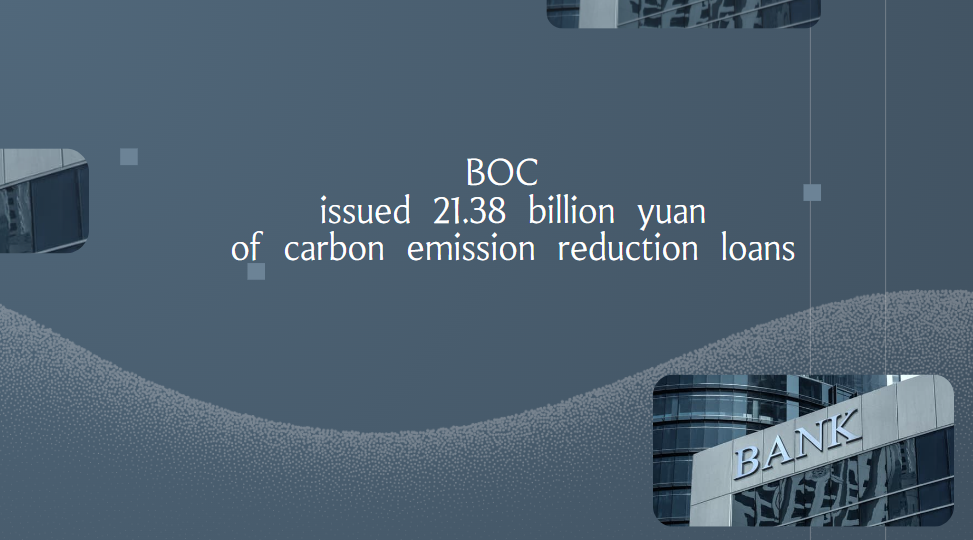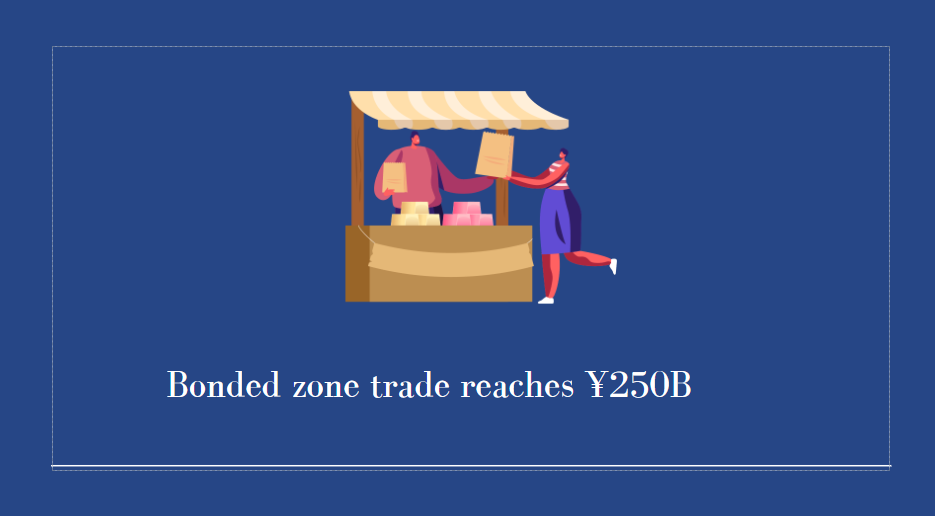Saudi Arabia Joins Project mBridge, Paving the Way for a New Era in Digital Currency Trade
Saudi Arabia has officially joined Project mBridge, a pioneering platform for experimenting with central bank digital currencies (CBDCs) in international trade. The Saudi Central Bank (SAMA) recently announced its participation as a full participant in the project's minimum viable product (MVP) platform, aiming to develop a robust and innovative infrastructure for cross-border payments.
Project mBridge was initiated in 2021 through a collaboration involving the Bank for International Settlements' innovation hub, the Bank of Thailand, the Central Bank of the United Arab Emirates, the Digital Currency Institute of the People's Bank of China, and the Hong Kong Monetary Authority. Now at the MVP stage, mBridge invites private sector enterprises to propose new solutions to enhance and demonstrate the platform’s full potential.
Reaching the MVP stage means that mBridge is now available to commercial banks in the jurisdictions of the participating members, facilitating cross-border payments using CBDCs. This represents a significant breakthrough in international financial transactions. As the sixth full participant in mBridge, the Saudi Central Bank joins a project observed by over 26 entities, including the International Monetary Fund, the World Bank, and the European Central Bank, according to the Bank for International Settlements.
Experts believe that Saudi Arabia's involvement in Project mBridge will significantly bolster global trade by enabling renminbi settlements for bulk commodity transactions. Zhou Mi, a senior researcher at the Chinese Academy of International Trade and Economic Cooperation, emphasized the global significance of the digital renminbi. He stated, "Including digital renminbi in the settlement of oil trade between China and Saudi Arabia would be beneficial for all parties. For Saudi Arabia, using renminbi in cross-border trade would optimize its settlement currency structure."
Zhan Junhao, founder of Fujian Huace Brand Positioning Consulting, highlighted the advantages for Saudi Arabia, a nation rich in oil resources. He said, "Adopting digital renminbi for oil trade settlements would greatly enhance the convenience and efficiency of bilateral trade. The immediacy of digital renminbi settlements accelerates transactions, reducing intermediate steps and costs. Additionally, using digital renminbi can help Saudi Arabia avoid risks associated with fluctuations in the US dollar exchange rate, ensuring trade stability."
Jin Ding, a researcher and academic adviser to the China Finance 40 Forum, and executive vice-chairman of the academic committee of the China Institute for Innovation and Development Strategy, predicted significant progress in the internationalization of the renminbi over the next 15 years. He stated, "With the gradual implementation of renminbi settlement in cross-border trade and Chinese outbound investments, we expect the renminbi's share in payment settlements to increase by one percentage point each year, potentially reaching around 17 percent by 2035."
In the context of geopolitical conflicts where some countries use settlement currencies to pursue political goals, Zhou underscored the importance of initiatives like mBridge. "Digital renminbi settlement would help reduce differences in trade standards, increase the convenience of trade and investment, and provide necessary institutional guarantees. This is crucial for continually improving the global financial system, strengthening financial support for the real economy, and promoting global economic recovery," Zhou remarked.
In summary, Saudi Arabia's engagement in Project mBridge marks a pivotal step towards more efficient and stable international trade, leveraging the potential of central bank digital currencies to transform the global financial landscape.
Original Author ZHENG YIRAN and ZHOU LANXU






















































First, please LoginComment After ~